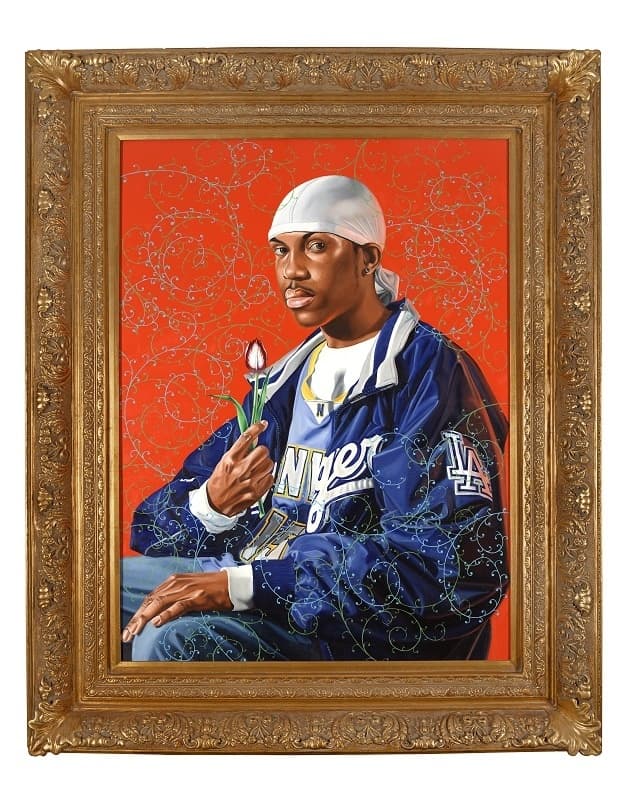
Celebrating Black History Month at the Crocker
February 15, 2023
February is Black History Month, an opportunity to celebrate the triumphs and honor the struggles of African Americans throughout U.S. history. Discover seven critical works by Black artists that are on view now at the Crocker.
February is Black History Month, an opportunity to celebrate the triumphs and honor the struggles of African Americans throughout U.S. history. There are always works on view at the Crocker that represent different cultures, time periods, and lived experiences, but this month, we would like to specifically highlight the artistic contributions of Black artists represented in our collection. On your next visit, look for “Celebrating Black History” stickers next to our regular labels, and read on for seven critical works by Black artists that you don’t want to miss!
GRAFTON TYLER BROWN, AMERICAN, 1841–1918

Did you know that Grafton Tyler Brown was California’s first African American artist? A topographic artist, lithographer, and landscape painter, Brown was born in Pennsylvania and moved to San Francisco in 1855. Upon moving to Canada in the early 1870s, he increasingly pursued landscape painting, like this scene of Grotto Geyser in Yellowstone National Park.
MARIE JOHNSON CALLOWAY, AMERICAN, 1920 – 2018

This tender mother-and-daughter image was crafted from painted wood, fabric, and hair by African American artist Marie Johnson Calloway. In the 1960s, Calloway became active in the civil rights movement, and after participating in the march in Selma, Alabama with Dr. Martin Luther King Jr., she left abstraction behind to address themes of the Black experience.
ELIZABETH CATLETT, AMERICAN, 1915 – 2012

Elizabeth Catlett was a graphic artist, sculptor, printmaker, and teacher. The first female sculpture professor at the University of Mexico, Catlett is best known for her depictions of the African American experience, focusing particularly on women, and her work is meant to convey social messages rather than pure aesthetics. It combines abstract and figural elements, with influence from Africa and Mexico.
RICHARD MAYHEW, AMERICAN, BORN 1924

Richard Mayhew was a founding member of Spiral, a New York-based collective of African American artists formed in 1963 in response to the March on Washington for Jobs and Freedom. Once a jazz musician, his talent for musical improvisation carried over into his spontaneous, expressionistic landscape paintings, which he refers to as “moodscapes.”
KEHINDE WILEY, AMERICAN, BORN 1977

Perhaps most famous for his portrait of former president Barack Obama, Kehinde Wiley is known for recasting classic works of art with Black subjects. In this portrait, the figure holds a tulip, a nod to the Dutch Golden Age and, perhaps, the work of Hans Holbein the Younger, whose Simon George of Cornwall may have served as a model for the figure’s pose.
AKINSANYA KAMBON, AMERICAN, BORN 1946

Born Mark Teemer in Sacramento, Akinsanya Kambon is a former Marine, Black Panther, and art professor. He has made numerous trips to Africa to research the religion of the Yoruba people of West Africa and his ancestry. This vessel, which was Raku-fired, depicts the Yoruba deity Eshu at the top, overseeing quarrelsome spirits known as orishas.
JUNE EDMONDS, AMERICAN, BORN 1959

June Edmonds is a California artist living and working in Los Angeles. Inspired by West African textiles, she weaves together colors and shapes for this work that resembles an American flag. Although abstract, the work directly relates to the Black experience in the United States, particularly the ways in which race, nationality, and gender are politicized. It is dedicated to Breonna Taylor, who was killed in 2020 by police while sleeping in her own home.